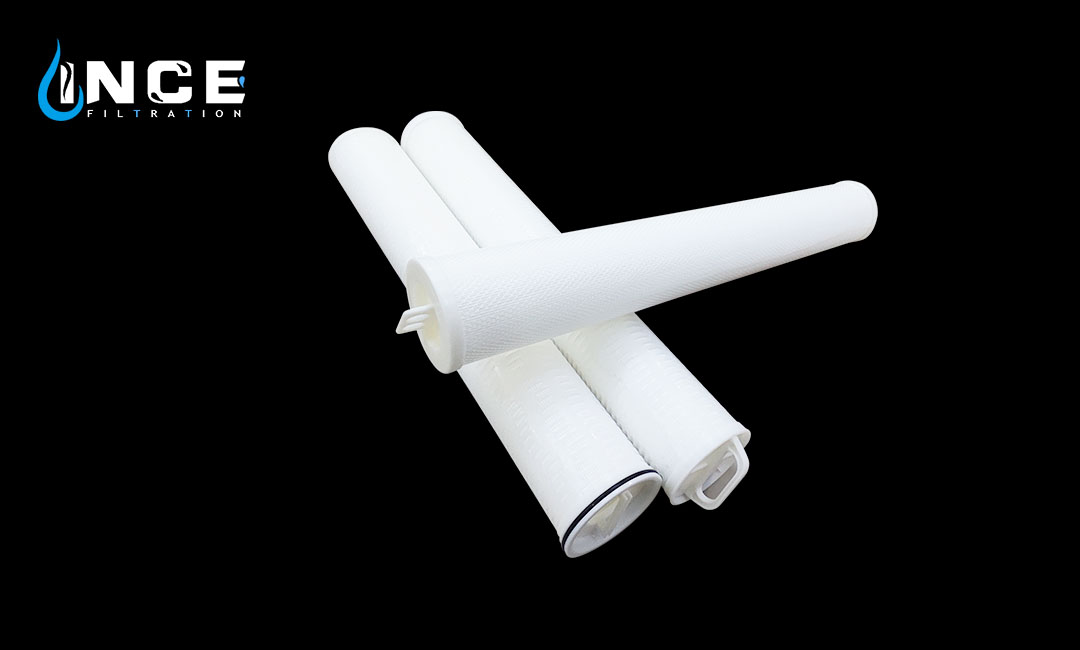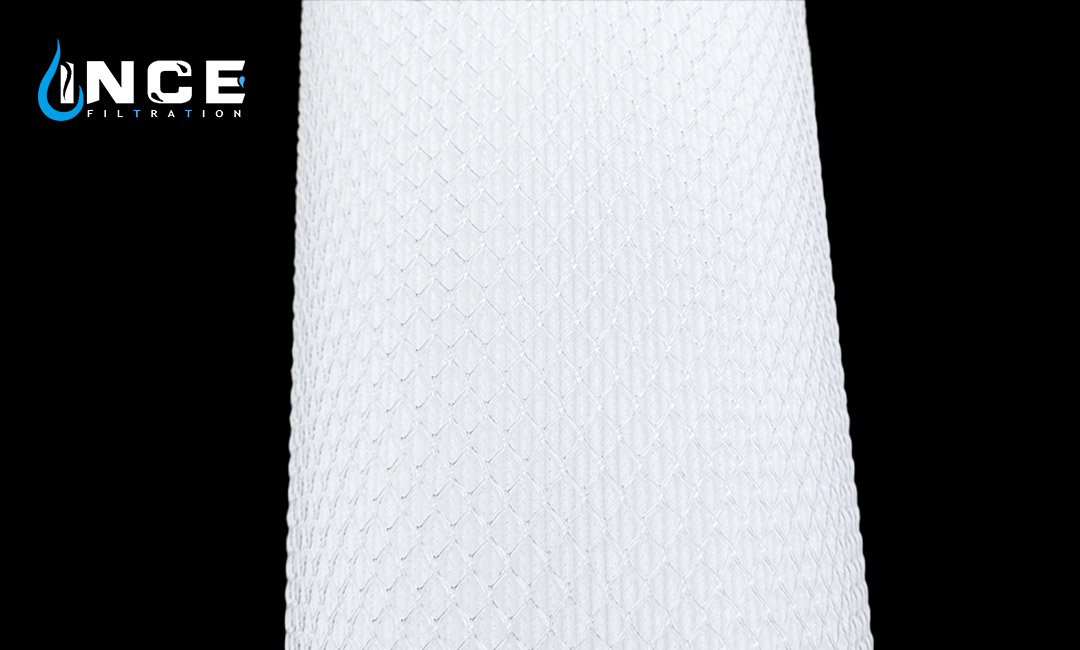Troubleshooting Common High Flow Pool Filter Problems
Identifying and Fixing Leaks in High Flow Pool Filters
High flow pool filters are essential for keeping your pool water clean and clear. However, like any piece of equipment, they can encounter problems from time to time. One common issue that pool owners may face with high flow pool filters is leaks. Leaks can be frustrating and can lead to a decrease in the efficiency of your filter. In this article, we will discuss how to identify and fix leaks in high flow pool filters.
One of the first signs that you may have a leak in your high flow pool filter is a decrease in water pressure. If you notice that your filter is not operating as efficiently as it once did, it may be due to a leak. Another sign of a leak is water pooling around the filter or on the ground near the filter. If you notice any of these signs, it is important to address the issue as soon as possible to prevent further damage to your filter.
To identify the source of the leak, you will need to inspect the filter and its components. Start by checking the filter housing for any cracks or damage. If you notice any cracks, you may need to replace the housing to prevent further leaks. Next, check the O-rings and gaskets on the filter for any signs of wear or damage. These components are essential for creating a tight seal and preventing leaks. If you notice any damage to the O-rings or gaskets, replace them immediately.
If you are unable to identify the source of the leak, it may be helpful to consult the manufacturer’s instructions for your specific high flow pool filter. The instructions may provide guidance on how to troubleshoot common issues and identify the source of the leak. Additionally, you may want to contact a professional pool technician for assistance in identifying and fixing the leak.
Once you have identified the source of the leak, it is important to take the necessary steps to fix it. If the leak is coming from a crack in the filter housing, you will need to replace the housing. If the leak is coming from a damaged O-ring or gasket, you will need to replace these components. It is important to use the correct replacement parts to ensure a proper seal and prevent future leaks.
After replacing the damaged components, it is important to test the filter to ensure that the leak has been fixed. Turn on the filter and monitor it for any signs of leaking. If you notice any leaks, turn off the filter immediately and inspect the components again. It may be necessary to tighten the components or replace them again to create a proper seal.

In conclusion, leaks in high flow pool filters can be a common problem for pool owners. By identifying the source of the leak and taking the necessary steps to fix it, you can prevent further damage to your filter and ensure that your pool water remains clean and clear. If you are unable to identify or fix the leak on your own, it may be helpful to consult a professional pool technician for assistance. Remember, regular maintenance and inspection of your high flow pool filter can help prevent leaks and ensure that your pool remains in top condition.
Addressing Pressure Issues in High Flow Pool Filters
High flow pool filters are essential for keeping your pool water clean and clear. However, like any piece of equipment, they can encounter problems from time to time. One common issue that pool owners may face with high flow pool filters is pressure problems. Understanding the causes of pressure issues and how to troubleshoot them can help you keep your pool filter running smoothly.
One of the most common reasons for high pressure in a pool filter is a dirty or clogged filter. When the filter becomes clogged with debris, it restricts the flow of water through the system, causing the pressure to build up. To address this issue, you will need to clean or replace the filter. Start by turning off the pump and opening the filter housing. Remove the filter and rinse it thoroughly with a hose to remove any debris. If the filter is excessively dirty or damaged, it may need to be replaced.
Another potential cause of high pressure in a pool filter is a problem with the pump. If the pump is not functioning properly, it may not be able to push water through the filter at the correct rate, leading to an increase in pressure. Check the pump for any signs of damage or wear, and make sure that it is properly primed and functioning as it should. If you suspect that the pump is the issue, you may need to contact a professional for repairs or replacement.
In some cases, high pressure in a pool filter can be caused by an issue with the plumbing system. A blockage or leak in the plumbing lines can restrict the flow of water, leading to an increase in pressure. Inspect the plumbing lines for any signs of damage or blockages, and address any issues that you find. It may be necessary to replace damaged pipes or fittings to restore proper water flow and reduce pressure in the filter.
If you have addressed all of the potential causes of high pressure in your pool filter and are still experiencing issues, it may be time to consider upgrading to a larger filter or pump. High flow pool filters are designed to handle a certain volume of water, and if your pool is larger than the filter can accommodate, you may experience pressure problems. Consult with a pool professional to determine the correct size filter and pump for your pool size and usage needs.
In conclusion, troubleshooting pressure issues in high flow pool filters requires a systematic approach to identify and address the underlying causes. By cleaning or replacing the filter, checking the pump and plumbing system, and considering upgrades if necessary, you can keep your pool filter running smoothly and maintain clean, clear water in your pool. Regular maintenance and inspection of your pool filter system can help prevent pressure problems and ensure that your pool remains a refreshing oasis for years to come.
Dealing with Clogging and Blockages in High Flow Pool Filters
High flow pool filters are essential for keeping your pool water clean and clear. However, like any piece of equipment, they can encounter problems from time to time. One common issue that pool owners may face with high flow pool filters is clogging and blockages. These issues can prevent the filter from working effectively, leading to dirty water and potential damage to the filter itself.
One of the main causes of clogging in high flow pool filters is the accumulation of debris such as leaves, twigs, and dirt. This debris can build up over time and block the flow of water through the filter, reducing its efficiency. To prevent this from happening, it is important to regularly clean the filter and remove any debris that may be present.
Another common cause of clogging in high flow pool filters is the use of the wrong type of filter media. Different filters require different types of media to effectively trap debris and contaminants. Using the wrong type of media can lead to clogging and blockages, as the filter may not be able to effectively capture and remove debris from the water. It is important to ensure that you are using the correct type of filter media for your specific filter to prevent clogging issues.

If you are experiencing clogging or blockages in your high flow pool filter, there are several steps you can take to troubleshoot the problem. The first step is to check the filter for any visible signs of debris or blockages. If you see any debris, carefully remove it from the filter to allow water to flow freely through the system.
If you have removed any visible debris but are still experiencing clogging issues, you may need to backwash the filter. Backwashing is a process that involves reversing the flow of water through the filter to dislodge any trapped debris and flush it out of the system. This can help to clear any blockages and restore the filter to its optimal performance.
If backwashing does not resolve the issue, you may need to disassemble the filter and inspect the internal components for any signs of damage or blockages. Check the filter cartridges or grids for any tears, holes, or clogs that may be preventing water from flowing through the system. If you find any damaged components, replace them as soon as possible to prevent further issues with clogging and blockages.
In some cases, clogging and blockages in high flow pool filters may be caused by issues with the pump or plumbing system. Check the pump for any signs of damage or malfunction, such as leaks or unusual noises. Inspect the plumbing system for any clogs or blockages that may be restricting the flow of water to the filter. If you suspect that the pump or plumbing system is the cause of the problem, contact a professional pool technician for assistance.
In conclusion, clogging and blockages in high flow pool filters can be a common issue for pool owners. By regularly cleaning the filter, using the correct type of filter media, and troubleshooting any issues that arise, you can help to prevent clogging problems and keep your pool water clean and clear. If you are unable to resolve the issue on your own, don’t hesitate to seek help from a professional pool technician to ensure that your filter is working properly.
